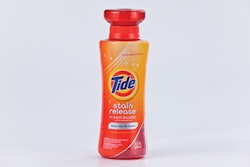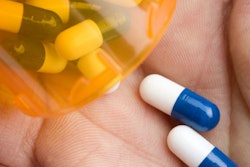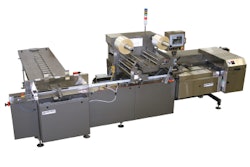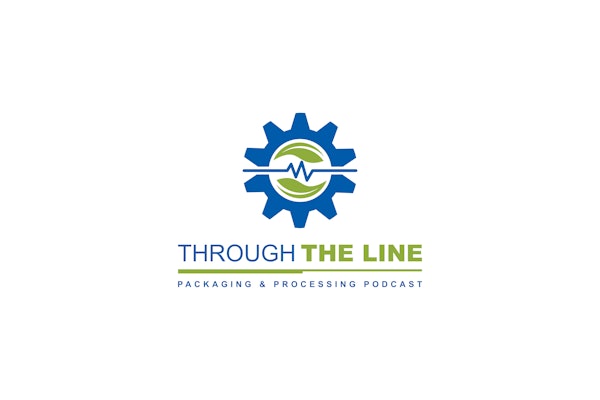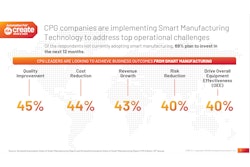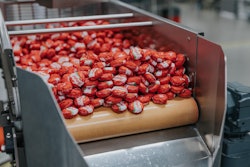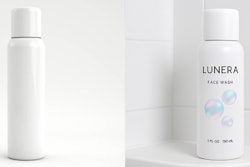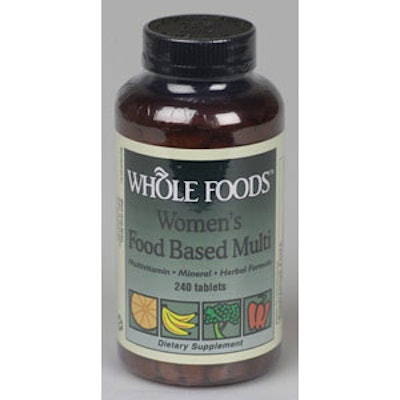
Whole Foods Market is implementing new responsible-packaging guidelines for all of its more than 2,100 body care and supplement suppliers. To spearhead the change, the company has switched to post-consumer recycled (PCR) content bottles for several of its store-brand supplements and body care products.
“We're thrilled by how responsive our vendors have been in making changes to provide even more green options for our customers,” says Jeremiah McElwee, global Whole Body coordinator for Whole Foods. “More exciting still is that through the development process, Whole Foods Market has created a forum for vendors to share best practices, helping the whole industry move forward with our environment top-of-mind.”
Beginning in the summer of 2008, McElwee and his team worked with 25 of Whole Foods’ largest personal care product suppliers to develop the new guidelines. Those became effective Sept. 1, 2009. The guidelines mandate that suppliers reduce the use of plastic in product packaging, encourage the switch to glass when possible, limit acceptable packaging materials to those that are easily reused or recycled, and/or feature the highest percentage of PCR content. Suppliers were given one year to transition to more eco-friendly packaging.
All new body care and supplement suppliers must meet the packaging guidelines before their products can be sold in one of the company's more than 300 locations in the U.S., Canada, and the U.K.
“At Whole Foods Market, we're committed to reducing, reusing and recycling waste on all levels of business, and we're thrilled to be leading the green packaging charge with our store-brand products,” McElwee says. "We knew that PCR-content bottles were the way to go. They require less energy and water to produce and generate far fewer greenhouse gases, while diverting reusable materials out of the landfill and reducing reliance on virgin plastics."
The company expects to switch all of its house-brand Whole Body products, which now use amber plastic PET No. 1 bottles, to PCR packaging by late 2010. The new bottles bear a leaf symbol, indicating that they are made from 100% PCR plastic.



